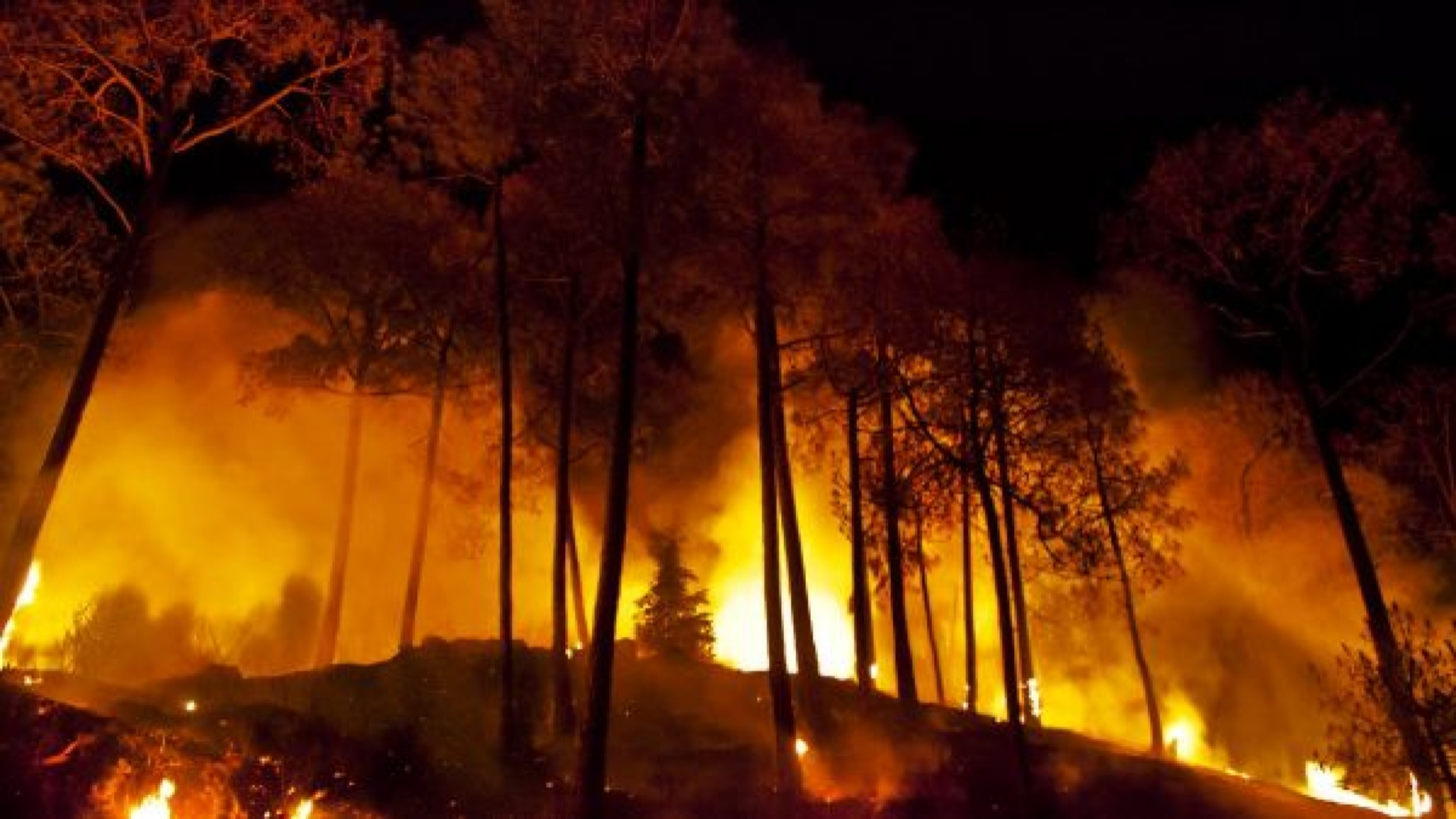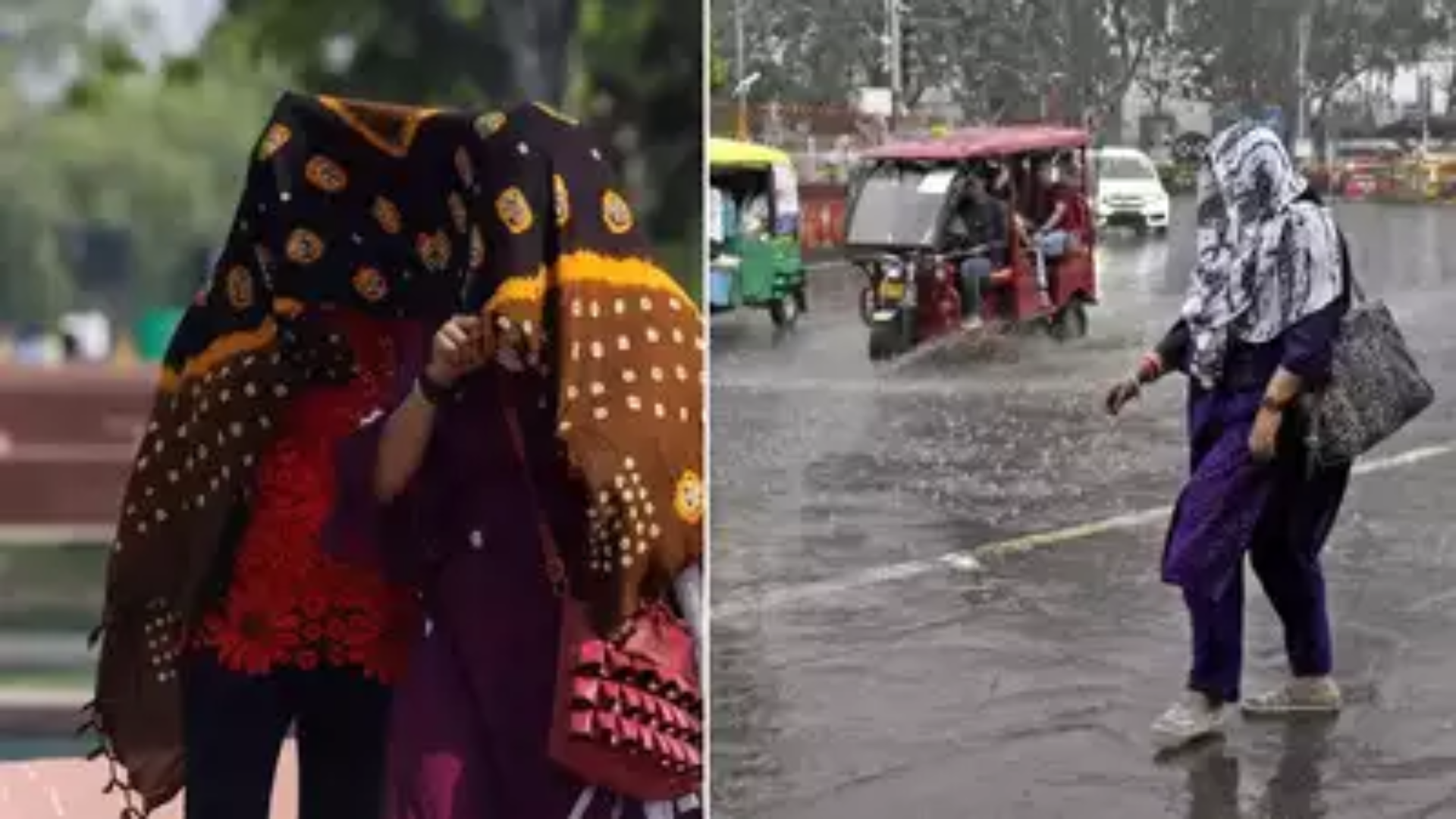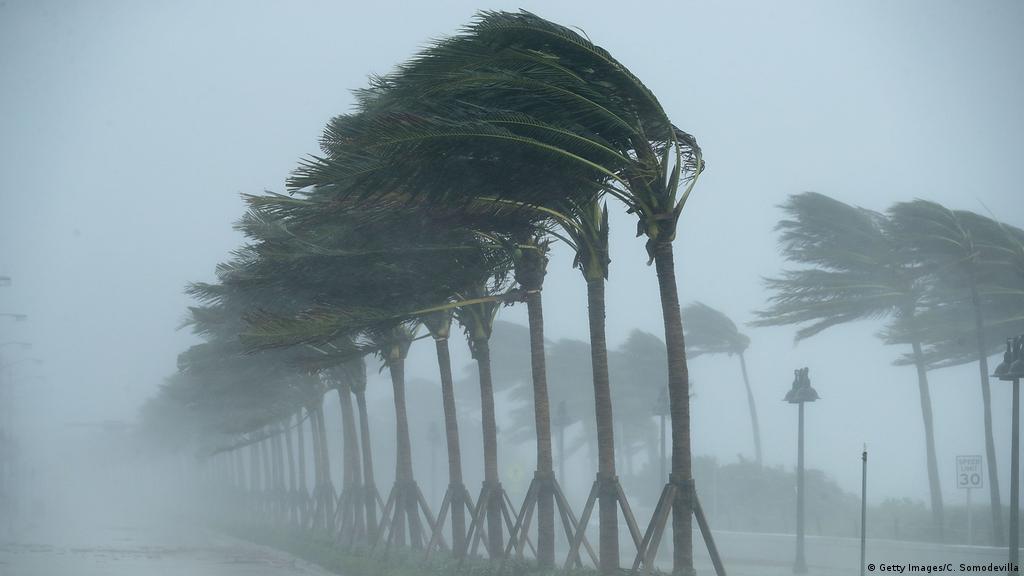










The science of attribution has resulted in significant advances in linking the impacts of extreme weather and human-caused climate change, but large gaps in published research continue to obscure the full extent of climate change damage, warns a new report published today in the first issue of Environmental Research: Climate, a new academic journal published by IOP Publishing.
Researchers from the University of Oxford, Imperial College London, and Victoria University of Wellington examined the consequences of five distinct types of extreme weather events to determine how much of the damage might be attributable to human-caused climate change.
They did this by combining data from the most recent Intergovernmental Panel on Climate Change reports with findings from a growing body of attribution studies, in which weather observations and climate models are used to identify the impact of climate change in individual weather occurrences.
They discovered that the relationship between climate change and some extreme weather events, such as heatwaves, is apparent and unequivocal over the world, and that insurers, economists, and governments are likely underestimating the scale of the repercussions. Others, such as tropical cyclones, exhibit significant regional variability, and the influence of climate change in each occurrence is more varied than for heatwaves.
“The rise of more extreme and intense weather events such as heatwaves, droughts and heavy rainfall have dramatically increased in recent years, affecting people all over the globe. Understanding the role that climate change plays in these events can help us better prepare for them. It also allows us to determine the real cost that carbon emissions have in our lives,” says Ben Clarke from the University of Oxford, lead author of the study.
The authors emphasise the urgent need for more data from low- and middle-income nations, where the effects of climate change are more severe. When national weather data is not publicly available, research on these impacts is hampered. Examples include South Africa, where corruption denies funds to weather reporting facilities, resulting in huge data gaps in an otherwise good network; drought-prone Somalia, where disorderly regime changes have disrupted measurements; and many countries, such as Poland, where weather data is only available for a high fee, and thus generally not for publicly funded research.
“We really don’t have a comprehensive overview or detailed inventory of what impacts climate change is having today, yet,” says Dr Friederike Otto from the Grantham Institute – Climate Change and the Environment at Imperial College London, co-author of the study.
“But we do now have the tools and advanced understanding to create such an inventory, but these need to be applied more evenly across the world to improve our understanding in areas where evidence is lacking. Otherwise we are denying countries the knowledge to make the best use of sparse funds and improve chances for people to live safely and adapt to the changing climate,” she concludes.









